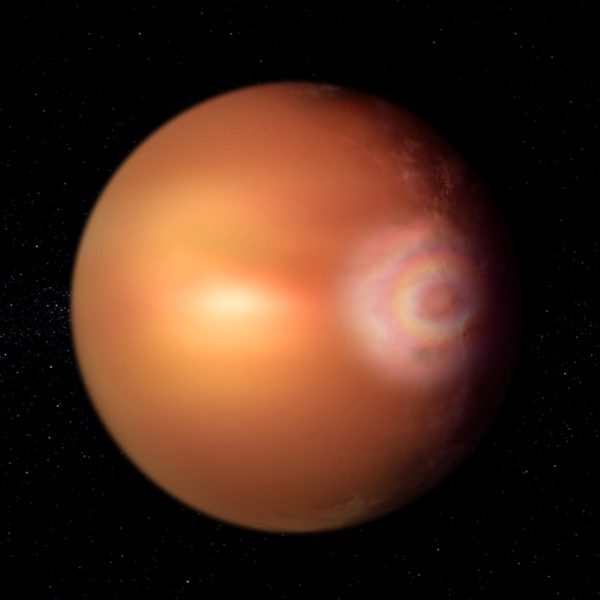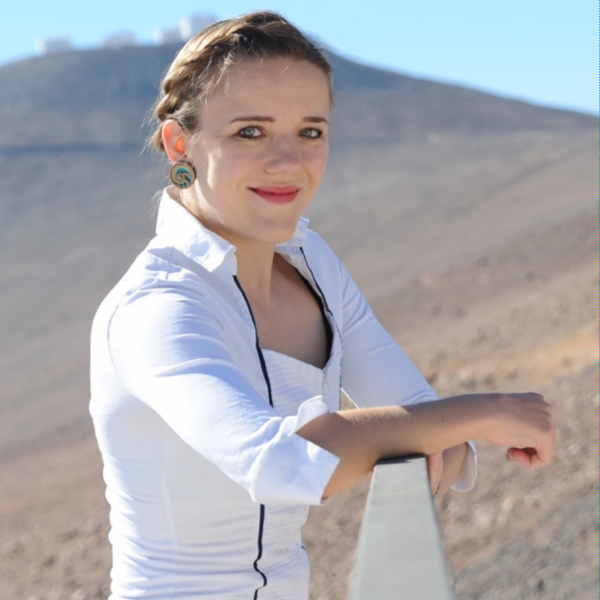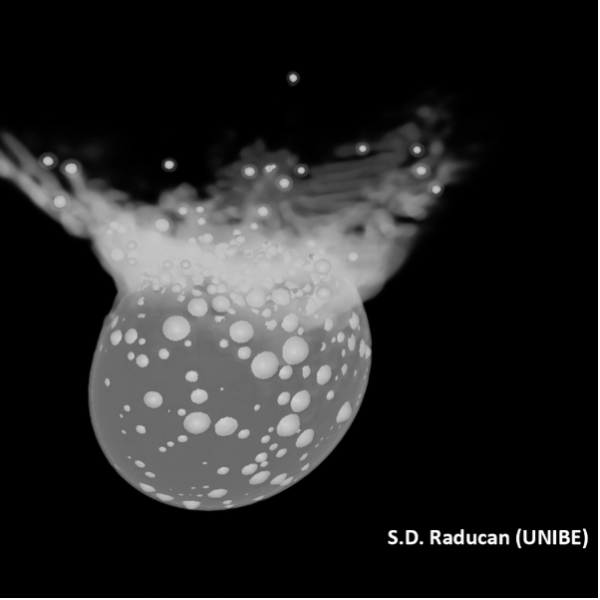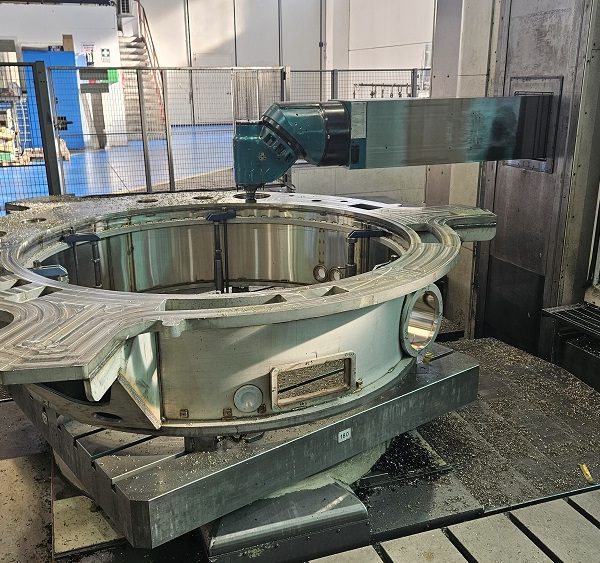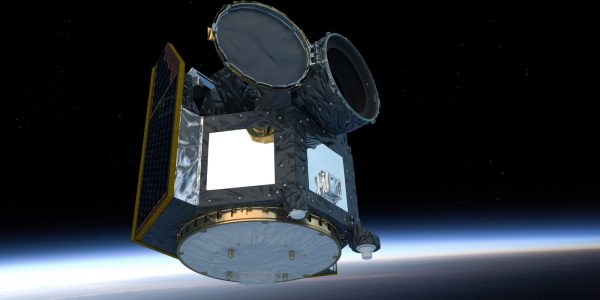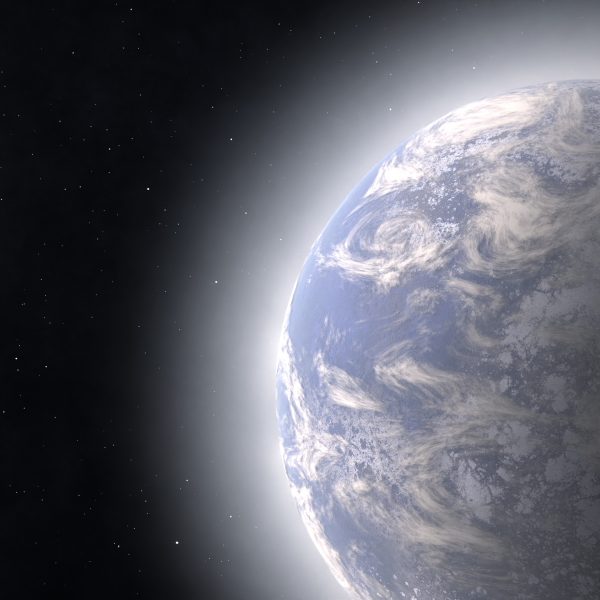News
CHEOPS detects a ‘‘rainbow’’ on an exoplanet
New observations from the space telescope point to the existence of a «glory» in the atmosphere of WASP-76b, a luminous phenomenon like a rainbow. The CHEOPS space telescope, whose scientific operations centre is based at the University of Geneva (UNIGE – co-leading house of the NCCR PlanetS), is providing new information on the mysterious exoplanet […]
Continue ReadingSIPS logo call for ideas
Thank you for your interest in proposing an idea for the SIPS logo. Here are a few guidelines on what the logo design must feature or not, and a few “rules” for this call. Logo guidelines The logo must feature the SIPS acronym. You must submit two drawings of the logo, with a version […]
Continue ReadingJuice mission movie screening – Bern get-together.
The Europlanet Society is organising a screening of Maarten Roos-Serote’s Film on the Juice Mission, on Wednesday 20th of March 2024, at 6PM CET. The screening will be followed by a Q&A Session with some members of the Juice team who participated in the mission including Juice’s Project scientist Olivier Witasse. If enough members of […]
Continue Reading2024 MERAC prize awarded to Dr. Julia V. Seidel
The 2024 MERAC Prize for the Best Doctoral Thesis in Observational Astrophysics is awarded to Dr Julia V. Seidel (European Southern Observatory) by the European Astronomical Society for her work on climate and atmospheric circulation regimes of exoplanets from high-resolution spectroscopic observations. Julia V. Seidel obtained her Ph.D. within PlanetS. Dr Julia Victoria Seidel obtained […]
Continue ReadingProfessor Francesco Pepe obtains the 2024 Tycho Brahe Medal
The 2024 Tycho Brahe Medal is awarded to Prof. Francesco Pepe (University of Geneva, Switzerland) by the European Astronomical Society for the development and exploitation of ultra-stable high-resolution spectrographs which revolutionised the detection and characterisation of small-mass exoplanets. Prof. Francesco Pepe is the director of the astronomy department of the University of Geneva, co-leading house […]
Continue ReadingImpact of the DART space probe could have deformed an asteroid
Thanks to simulations with a software system developed at the University of Bern by NCCR PlanetS members, an international team under Bernese leadership has provided important insights into the impact of NASA’s DART space probe on the asteroid Dimorphos: it is very likely that not just a crater was created, but the entire asteroid was […]
Continue ReadingUpdate on Instrumentation in PlanetS – February 2024
Discover the latest instrumental developments across the NCCR PlanetS! METIS METIS is taking shape! After 6 years of design work, the Mid-Infrared ELT Imager and Spectrograph (METIS) built started, as the goal is for this instrument to be installed at ESO’s ELT in 2028. Many components and parts are currently in manufacturing since the project underwent […]
Continue ReadingFantasy Basel 2024 – Call for volunteers
Dear PlanetS members and associates, Once again, PlanetS will return to Fantasy Basel – the Swiss Comic-con – and we need you! This year will be special as it will mark the tenth anniversary of the festival! The organiser have seen big and the event size will increase by 20% to reach 90 000 m2! The […]
Continue ReadingCHEOPS in numbers
The CHEOPS nominal mission came to an end in September 2023. It is not the last of CHEOPS though, as the first extension of the mission is already going full-steam ahead and will last until the end of 2025 or even 2026 (pending approval from national agencies). The end of this first phase of the […]
Continue ReadingWater-worlds, the key to an exoplanet enigma
Why are so few exoplanets about twice the size of Earth detected? On the basis of computer simulations, a team from the Max Planck Institute for Astronomy (MPIA) and the Universities of Geneva (UNIGE) and Bern (UNIBE) has confirmed that the migration of sub-Neptunes planets – water-worlds – could explain this absence. As these planets […]
Continue Reading
